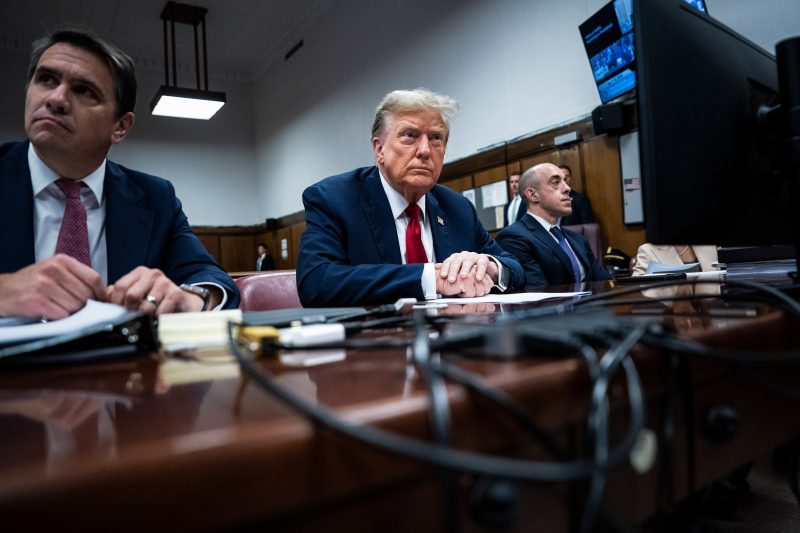Politics in the modern era are constantly evolving, and as we move further into the digital age, we see politicians leveraging social media as a powerful tool in their arsenals. In recent times, former President Donald Trump has demonstrated a strong inclination towards using social media platforms as a means of articulating his views and rallying his followers. This strategic use of social media has not only allowed him to connect directly with his supporters but has also served as a legal cudgel when faced with various challenges.
At the core of Trump’s approach is his ability to bypass traditional media channels and communicate directly with his base through platforms like Twitter and Facebook. This direct line of communication enables him to shape the narrative surrounding issues and events, while also sidestepping media filters that may distort his message. By leveraging social media in this manner, Trump has been able to cultivate a dedicated following that remains fiercely loyal to him and his agenda.
Moreover, Trump’s adept use of social media has proven to be a potent legal cudgel when confronted with legal challenges or investigations. During his presidency, Trump often took to Twitter to denounce investigations into his administration as witch hunts and to disparage individuals who opposed him. By doing so, he not only rallied his base to his defense but also created a public relations strategy that painted his adversaries as biased or politically motivated.
In addition to its role in shaping public opinion, social media has also become a valuable legal tool for Trump when dealing with litigation. By using platforms like Twitter to publicly comment on ongoing legal cases or controversies, Trump has been able to sway public opinion in his favor and put pressure on judges or prosecutors to rule in his favor. This public pressure can sometimes lead to outcomes that are more favorable to Trump, demonstrating the influence that social media can have on legal proceedings.
However, while Trump’s use of social media as a legal cudgel has been effective in some instances, it has also sparked controversy and raised questions about the ethical implications of such tactics. Critics argue that by weaponizing social media in this way, Trump has undermined the integrity of the legal system and eroded trust in institutions. Furthermore, his inflammatory rhetoric on these platforms has been accused of inciting violence and division among the populace.
As we look towards the future of politics in the digital age, it is clear that social media will continue to play a significant role in shaping public discourse and influencing legal outcomes. While the use of social media as a legal cudgel can be a powerful tool for politicians like Trump, it also highlights the need for ethical guidelines and regulations to govern the use of these platforms in the political arena. As technology continues to advance, it will be essential for policymakers to adapt and develop strategies to mitigate the potential risks and abuses associated with the intersection of social media and politics.


























